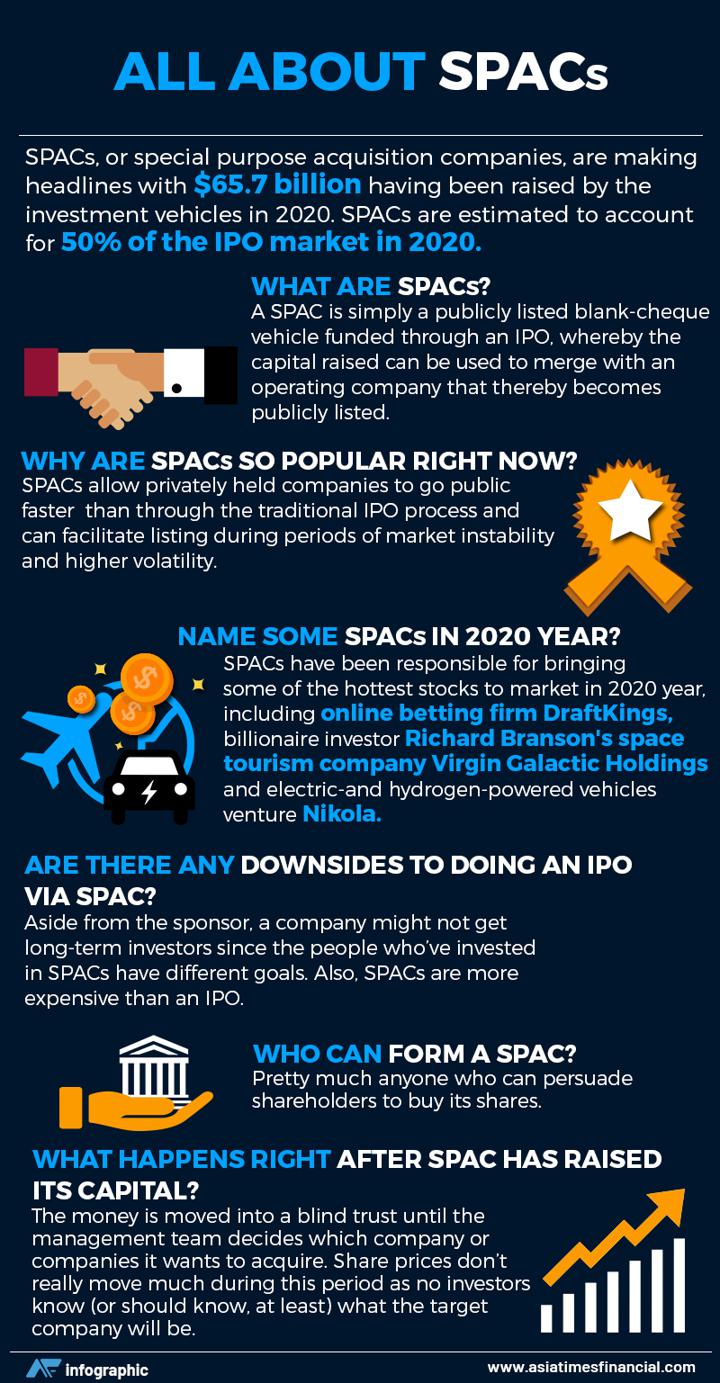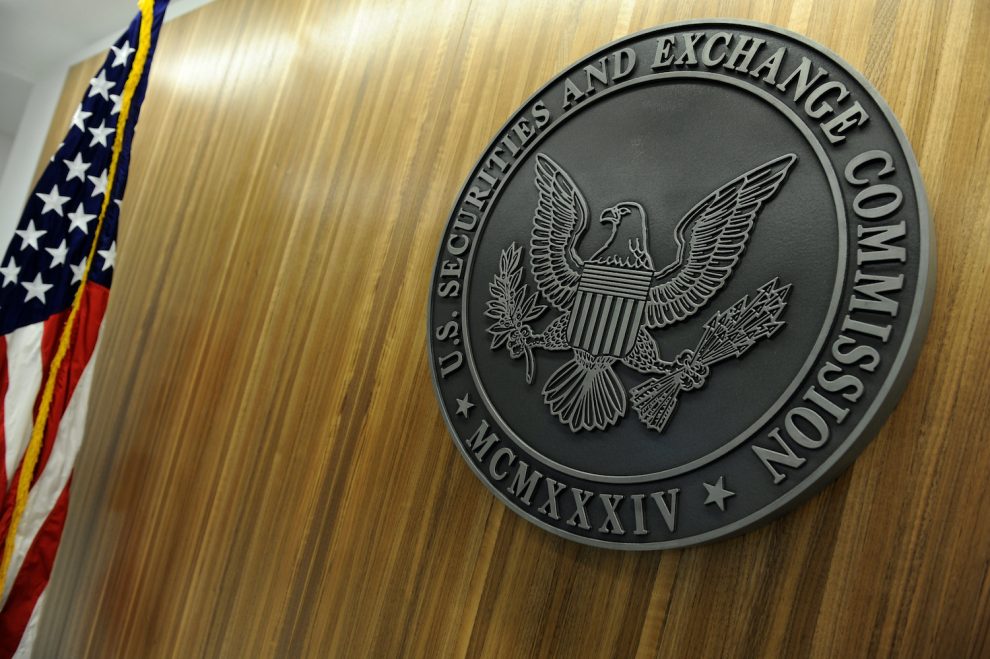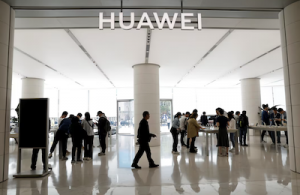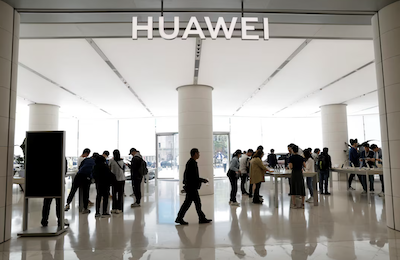(ATF) After expressing concerns and issuing warnings earlier this year, the US Securities and Exchange Commission has now launched an investigation into blank-cheque IPOs to determine if additional regulations are needed to protect investors.
The SEC has launched an inquiry into Wall Street’s blank cheque acquisition frenzy, according to Reuters, and is seeking information on how underwriters are managing the risks involved.
In recent days the SEC has sent letters to Wall Street banks seeking information on their special purpose acquisition company – or SPAC – dealings, it reported on Thursday.
The letters, sent by the SEC’s enforcement division, wanted information on SPAC deal fees, volumes, and what controls banks have in place to police the deals internally. The SEC reportedly also asked questions relating to compliance, reporting and internal controls.
All this, according to experts, may be a precursor to a formal investigation.
The SEC issued a public alert two weeks back warning investors about investing in SPACs based solely on a celebrity’s involvement, when professional athletes, politicians and pop stars started lending their star power to the popularity of these blank-cheque firms.
Previously, in an effort to highlight both the risks and benefits of SPACs, SEC Commissioner Allison Herren Lee said while the entry of established firms in this space may benefit SPAC investors, it was keeping a close watch to determine if additional regulations were needed to protect investors.

INVESTORS SUING EIGHT COMPANIES
SPACs are listed shell companies that raise funds to acquire a private company with the purpose of taking it public, allowing such targets to sidestep a traditional initial public offering.
Most SPACs offer little insight into the companies they plan to merge with, and provide just a broad guideline on the business objectives to their investors like, “our focus will be on identifying and acquiring companies with ties to the technology ecosystem in Asia or United States.”
Investors have sued eight companies that combined with SPACs in the first quarter of 2021, according to data compiled by Stanford University. Some of the lawsuits allege the SPACs and their sponsors, who reap huge pay-days once a SPAC combines with its target – and that they hid weaknesses ahead of the transactions.
They did not like the blank-cheque companies seeking deals valued many times their size.
The regulator also doesn’t like the fact that the SPACs and their deals are negotiated behind closed doors, which heightens the risk of insider trading between the time a SPAC goes public and when it announces its acquisition target.
The SEC says it is worried about the depth of due diligence that SPACs perform before acquiring assets, and whether huge payouts are fully disclosed to investors.
Besides, blank-cheque IPO prices are less dependent on real-time demand from investors. In a traditional IPO, pricing can change until the night before shares start trading.
THE GOLD RUSH
SPACs have been Wall Street’s biggest gold rush of recent years and have surged globally to a record $170 billion this year, outstripping last year’s total of $157 billion, Refinitiv data showed.
The rush began last March when the coronavirus pandemic hit, prompting concerns the IPO market would be hampered for months. Some tech companies and venture capitalists saw SPACs as a way to raise money without the risks of a volatile stock market.
The boom has been fuelled in part by easy monetary conditions as central banks have pumped cash into pandemic-hit economies, while the SPAC structure provides startups with an easier path to go public with less regulatory scrutiny than the traditional IPO route.
But even if some investors are getting rich off the blank-cheque boom fuelled by rock-bottom interest rates and a surge of interest among retail investors, there is a fear that the SPAC scene is a bubble that is due to burst.
And, when it does, it would leave a few insiders as winners while saddling individual investors who got in late with big losses.
For instance, Goldman Sachs, one of the biggest banks benefiting from the SPAC boom, admitted recently that the flurry of blank-cheque IPO activity isn’t sustainable.
Some also predict this frenzy will end badly. They consider the blank-cheque IPO boom as very similar to the dot-com bubble 21 years ago.
With reporting by Reuters.
























